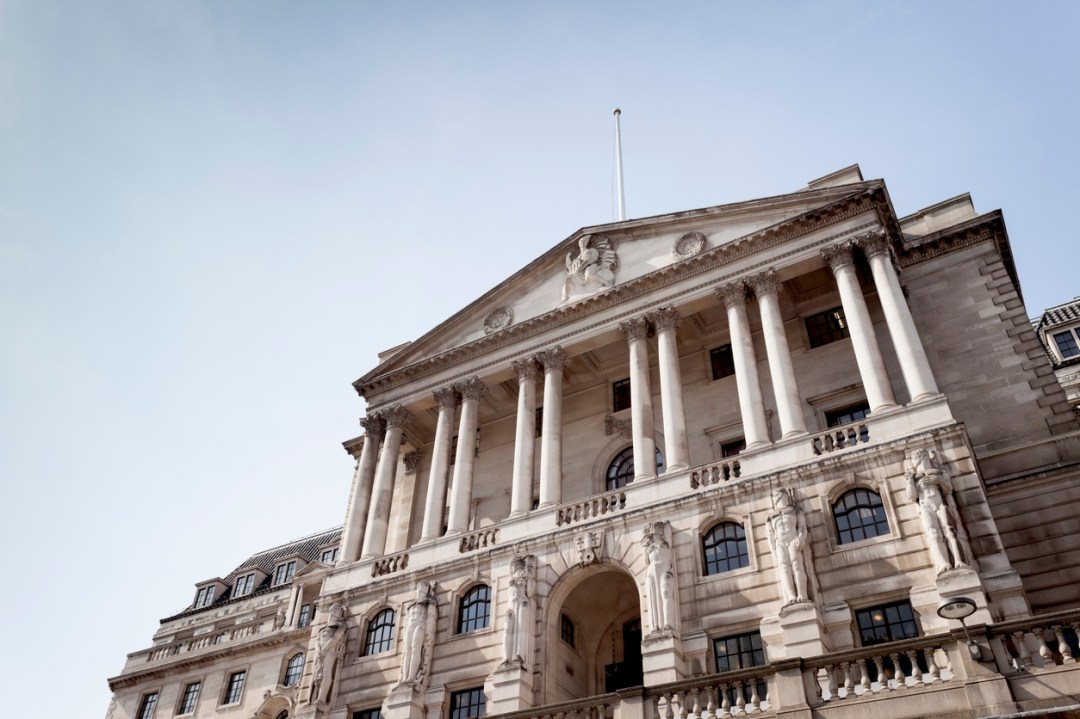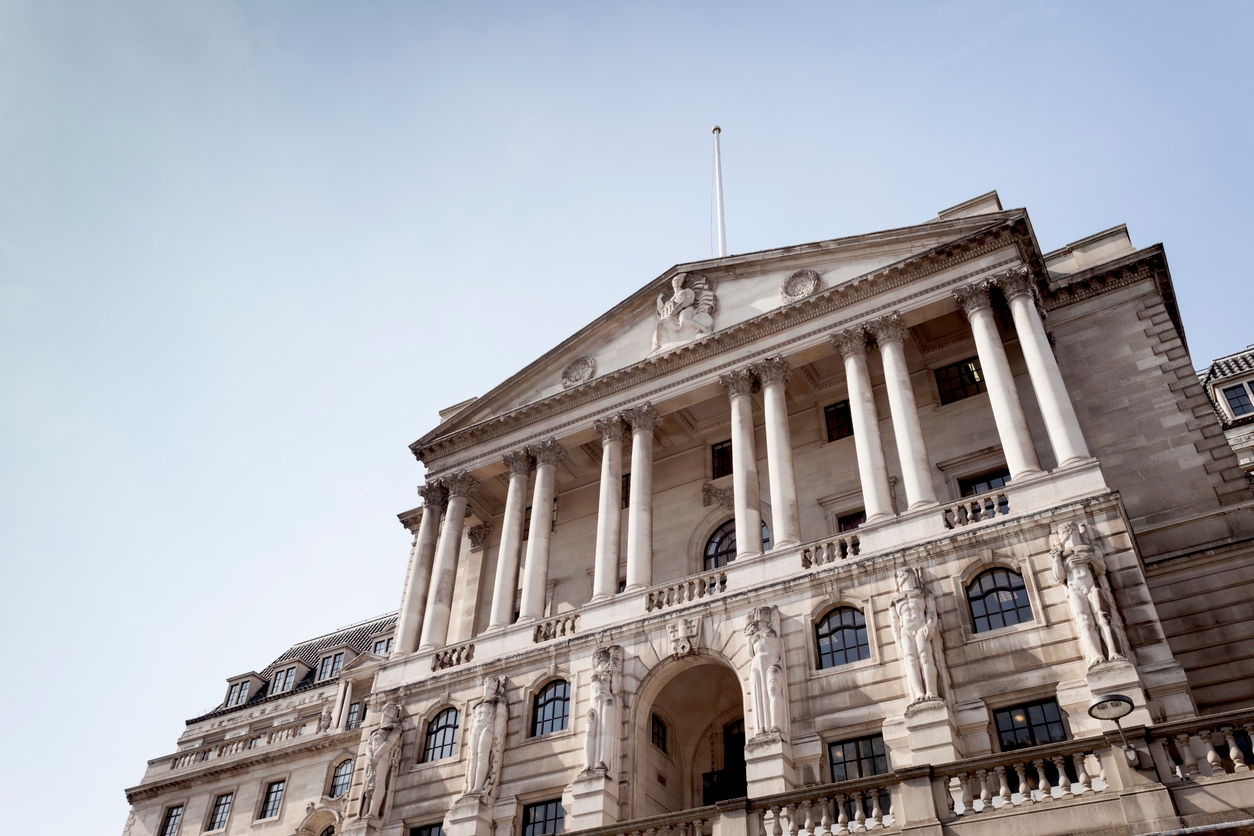Is the Chancellor’s latest round of economic measures just another instalment of Keynesian emergency funding, necessary only until the crisis has passed? Or is the Government on the road to a command economy? Policy-makers are currently being pulled in two contradictory directions by these questions, as the Government’s response to the crisis is impaired by a war of ideas over the future of our economy.
Diehard globalists want to move towards a smaller state and prefer no limits on international trade. Their view is challenged by economic patriots who question the assumption made by free-trade fundamentalists that we should always accept the consequences of buying and selling at world prices. Patriots point out that world prices may not be market prices. They may be the result of the modern mercantilism being practised by the Chinese Communist regime. And if world prices are manipulated prices then the mutual benefits of trade do not materialise.
The economic crisis of the 1930s exposed the same tensions. Freedom and democracy faced existential threats and Italy, Spain and Germany succumbed to fascism. Defenders of market liberalism felt compelled to re-think their philosophy and a famous gathering of intellectuals from the free countries was held in Paris in 1938. Known as the Walter Lippmann Colloquium, it played a major part in refining the ideal of a free society. Many of the participants went on to play influential roles in the post-war years, including Friedrich Hayek, Wilhelm Ropke, Michael Polanyi, and Walter Lippmann himself. We can learn from them today.
They knew that the old language of laissez faire capitalism was misguided. The Western ideal has never been a minimal amount of state intervention, nor a collectivist state that tries to rule everything. Instead, it is the liberator state that facilitated a free life for everyone. The ‘small state/big state’ distinction confuses the absence of government with freedom. To lead a free life is not to live without government, but to live in a society with a government that must seek consent before making new laws, confine its actions to what the law permits, make decisions in the open, facilitate public criticism – and be voted out if necessary. A free society is a political and constitutional accomplishment, not the absence of government.
The hallmark of a free state is that it uses its power to protect individual liberty, even against itself
If government actions are to be called interventions, then these thinkers accepted that some were compatible with a free society and some were not. But how can we tell the difference? This was the challenge Hayek set himself in his 1960 book, The Constitution of Liberty. He did not believe that government should ‘never concern itself with any economic matters’. Many government measures were not wise because they failed to work, but in his view they cannot be rejected out of hand simply because they entail ‘government intervention’.
Prosperity depends on constant adaptation to fluctuating demand for goods and services through the system of voluntary exchange at freely adjusting prices. We must be free to react to never-ending changes in prices, consumer wants, goods and services on offer, and companies coming up with new ideas. Free prices distil our numerous concerns and varied knowledge.
The philosopher Roger Scruton added to Hayek’s insights and explained how laws of a certain kind are not only compatible with a free society but the fundamental prerequisite for it. Above all, our common-law tradition armed the individual citizen with the powers of the state against injustice. A famous case, early in the industrial revolution, shows how. Three bailiffs searched the home of John Entick in 1762 and seized some of his documents. They said that a warrant for the search had been lawfully issued, but the court ruled that the government had not been given the power, either by common law or statute, to enter and search private premises. The hallmark of a free state is that it uses its power to protect individual liberty, even against itself.
Hayek emphasised how prices encapsulated knowledge and coordinated diverse human activity and explained how a competitive market was above all a process for discovering new things. Scruton shared his view but approached the question more from the vantage point of the individual. What was admirable about economic freedom was taking risks at our own expense, that is the exercise of personal responsibility. A market economy is a journey of discovery in which we are free within the rules of justice to use our own judgement to invent, create and learn from failures and successes.
To establish which of the Government’s policies are compatible with liberty we should ask two questions. Does the policy enhance personal responsibility for risk taking? And does it preserve the market as a discovery procedure, which reveals the products and services people want, the producers they trust to provide them, and the prices they are willing to pay?
Is the creation of an industry bank to invest in enterprise a compatible intervention? Upholders of the minimal state usually react by insisting that the government can’t and should not pick winners. But the choice is not between investment by politicians on the one hand and by private enterprise on the other. We had a similar bank from the 1940s until the 1980s, the Industrial and Commercial Finance Corporation, which proved to be a great success. An industry bank should aim to balance its books over the medium term and to make commercially sound investments in creditworthy companies neglected by the banks. Establishing such a bank would be a compatible intervention.
Is changing the rules to prevent foreign companies, especially those dominated by nations with dictatorial regimes, from taking over UK companies a compatible intervention? Awareness of the risks of allowing foreign governments to control essential infrastructure have been highlighted by the Huawei episode. A strict takeover regime, especially to protect sectors of strategic importance, is compatible with a market economy. In particular, companies that are in practice controlled by overseas authoritarian dictatorships should not be permitted to own any of our companies.
Should the government subsidise green energy and prohibit non-electric vehicles? Without government handouts very few wind turbines would have been built at sea and it is very unlikely that biomass generators would have been the choice of any company that had to make ends meet. Much of the green agenda must go down as an incompatible intervention, not least because it has made energy more costly and weakened the competitive advantage of our producers. But if we are left free to discover for ourselves, there are many people who want to see decarbonisation and we can anticipate inventiveness in the absence of taxpayer subsidies.
What about skill retention? Honda is closing its car factory in Swindon in 2021 and skilled jobs in aerospace are expected to go in the near future. Should this be treated as part of the unavoidable churn of the market or should the Government aim to create replacement jobs of similar skill by investing in productive enterprise? So long as it puts funds into viable businesses it will enhance opportunities for personal independence and so must be deemed a compatible intervention. Of course, it’s best if a state-funded bank makes decisions at arm’s length from the Government.
The Government has plainly relaxed its long-standing suspicion of state intervention, partly because of the Covid emergency and partly in the hope of retaining Red-Wall seats, but it does not appear to have any guiding philosophy to prevent it drifting towards a command economy. Asking whether proposed actions are compatible with personal responsibility for economic risks and with free discovery would provide a useful discipline.







Comments